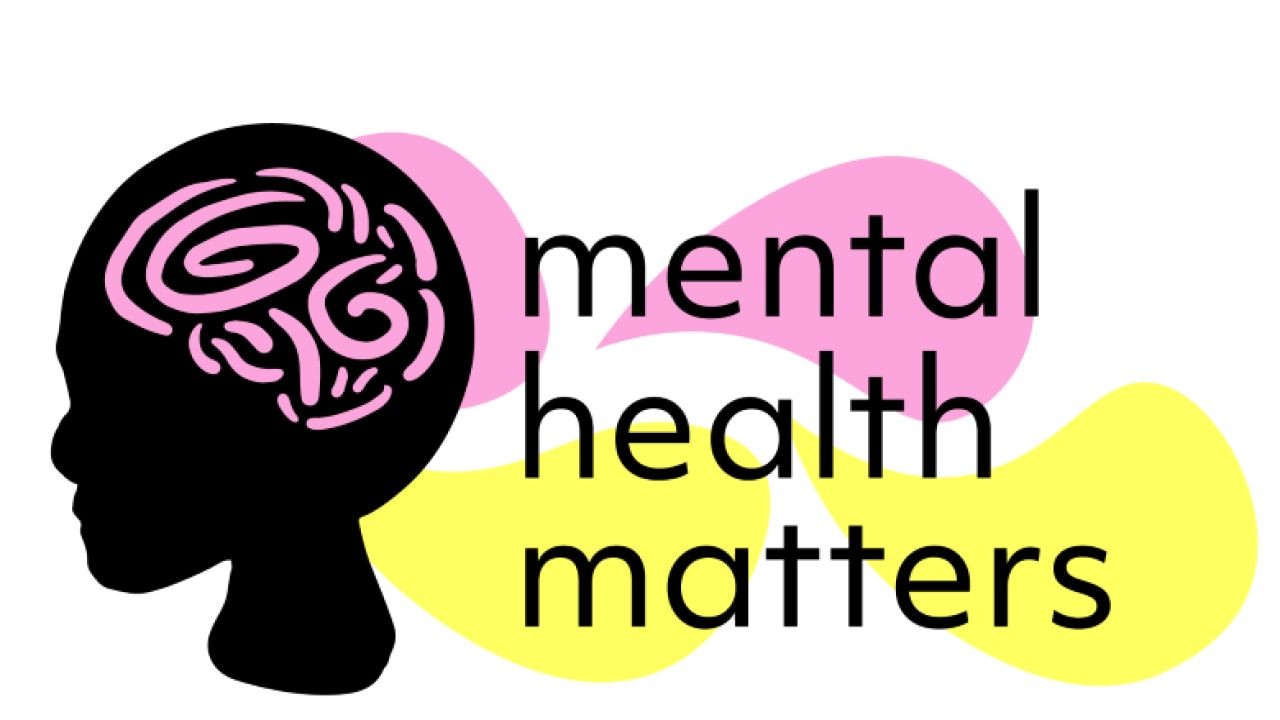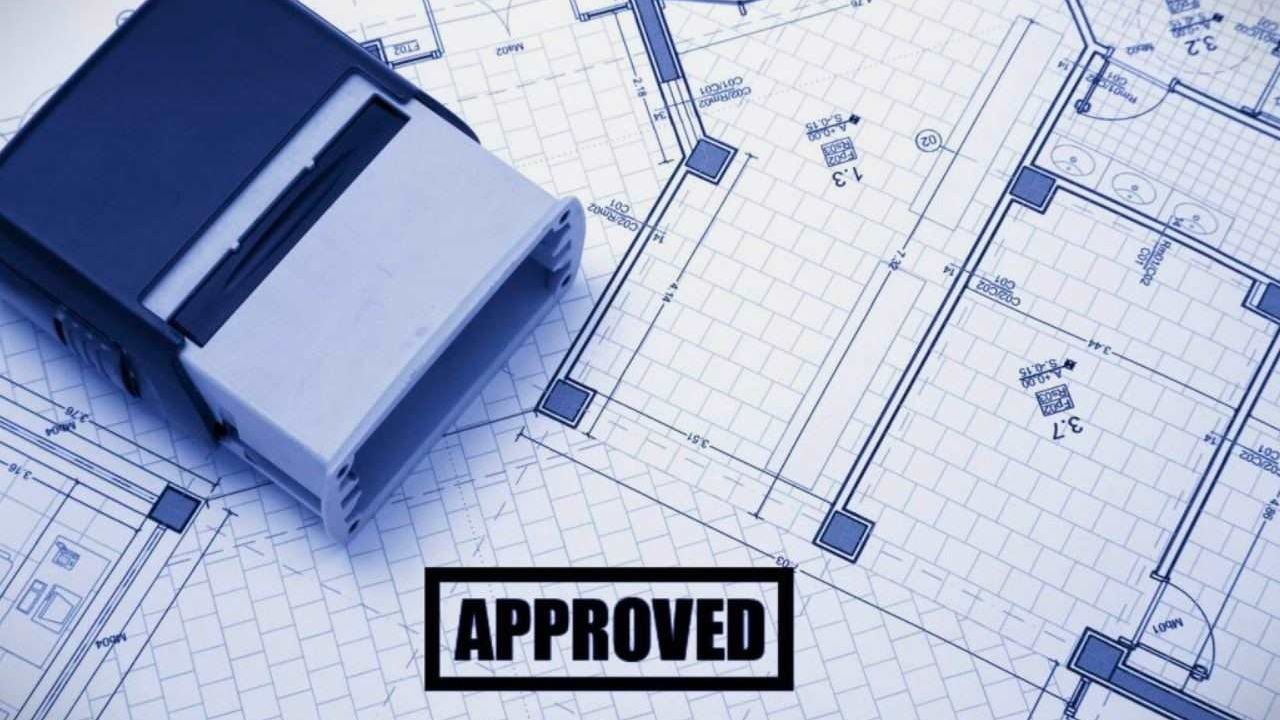New Zealand is on the cusp of a sustainable housing revolution driven by changing consumer preferences, regulatory mandates, and evolving economic conditions. With the government’s ambitious goals, including the Zero Carbon Act aiming for net-zero emissions by 2050, the housing sector is poised for significant transformation. But what does this mean for tax specialists and the broader financial ecosystem in New Zealand? Let’s dive into a comprehensive analysis of sustainable housing trends, explore real-world case studies, and uncover the opportunities and challenges that lie ahead.
Comparative Analysis: The Current State of Sustainable Housing in New Zealand
New Zealand has witnessed a growing demand for sustainable housing, driven by both policy changes and consumer awareness. According to Stats NZ, residential building consents have increased by 18% year-on-year, with a notable rise in eco-friendly designs. The Ministry of Business, Innovation, and Employment (MBIE) has also introduced stricter building codes to ensure new constructions meet energy efficiency standards, further propelling the shift towards sustainability.
The Economic Case for Sustainable Housing
Investing in sustainable housing not only benefits the environment but also promises economic returns. Sustainable homes typically have lower operating costs due to energy efficiency measures, which can result in significant savings. For instance, a study by the New Zealand Green Building Council found that homes built to Homestar standards can save homeowners up to 30% on energy bills. This has the potential to enhance property values and attract environmentally conscious buyers, creating a lucrative market for investors.
Regulatory Landscape: Navigating New Zealand’s Policies
The New Zealand government has been proactive in promoting sustainable development. The Building (Building Code and Related Matters) Amendment Act 2022 mandates higher energy efficiency standards for new builds. Additionally, incentives such as the Warmer Kiwi Homes program offer subsidies for insulation and heating improvements, making it more accessible for homeowners to retrofit their properties sustainably.
Case Study: The Beacon Pathway Initiative
Problem: Traditional homes in New Zealand often lack proper insulation, leading to high energy consumption and discomfort during colder months. This was a significant challenge for the Beacon Pathway project, which aimed to demonstrate the benefits of sustainable housing.
Action: Beacon Pathway retrofitted a series of homes with energy-efficient measures, including double glazing, solar water heating, and advanced insulation. These homes were evaluated over several years to assess the impact on energy use and indoor climate.
Result: The retrofitted homes demonstrated a 65% reduction in energy consumption compared to standard homes. The initiative also reported improved health outcomes for residents, who experienced fewer respiratory issues due to better indoor air quality. These results underscore the tangible benefits of sustainable housing for both residents and the environment.
Takeaway: The Beacon Pathway project highlights the importance of retrofitting existing housing stock to achieve sustainability goals. For tax specialists, this presents opportunities to advise clients on leveraging government incentives for sustainable upgrades, thereby reducing their tax liabilities while contributing to environmental goals.
Data-Driven Insights: The Impact of Sustainable Housing on New Zealand’s Economy
According to the Reserve Bank of New Zealand, the housing sector contributes significantly to the nation's GDP, accounting for approximately 15%. As sustainable housing becomes more prevalent, its economic impact is expected to grow. A report by PwC highlights that investing in green buildings could add an additional NZD 10 billion to the economy by 2030, driven by energy savings, increased productivity, and enhanced property values.
Pros vs. Cons: Embracing Sustainable Housing
✅ Pros:
- Energy Savings: Sustainable homes significantly reduce energy consumption, leading to lower utility bills and operational costs.
- Environmental Impact: Eco-friendly housing reduces carbon emissions, aligning with New Zealand's climate goals.
- Market Appeal: There is a growing demand for sustainable properties, increasing their market value and appeal.
- Regulatory Compliance: Meeting sustainability standards ensures compliance with current and future regulations.
❌ Cons:
- Higher Initial Costs: Sustainable homes often require higher upfront investments due to advanced building materials and technologies.
- Regulatory Complexity: Navigating the evolving regulatory landscape can be challenging for builders and homeowners.
- Limited Expertise: There is a shortage of professionals skilled in sustainable building practices, potentially leading to higher labor costs.
Addressing Common Myths & Mistakes in Sustainable Housing
Myth vs. Reality
- Myth: "Sustainable homes are too expensive to build and maintain." Reality: While initial costs may be higher, long-term savings on energy bills and maintenance can offset these expenses. A study by MBIE shows that sustainable homes can achieve a return on investment within 10 years.
- Myth: "Sustainability only matters to eco-conscious buyers." Reality: The demand for sustainable housing is growing across all buyer segments. According to a survey by the New Zealand Property Investors’ Federation, 75% of buyers consider energy efficiency a key factor in their purchasing decisions.
- Myth: "Sustainable features have minimal impact on property values." Reality: Homes with eco-friendly features often sell at a premium. Data from Barfoot & Thompson indicates that green-certified homes in Auckland can command up to 10% higher prices than their non-certified counterparts.
Biggest Mistakes to Avoid
- Neglecting Retrofitting Opportunities: Many homeowners overlook the benefits of retrofitting. Engaging in energy audits and utilizing government subsidies can significantly enhance property value.
- Ignoring Long-Term Savings: Focusing solely on upfront costs can lead to missed opportunities. Sustainable homes offer substantial savings over time through reduced energy and maintenance expenses.
- Lack of Professional Guidance: Failing to consult experts in sustainable building can result in non-compliance with regulations and suboptimal design choices.
Industry Insights: Emerging Trends in Sustainable Housing
The future of sustainable housing in New Zealand is promising, with several emerging trends shaping its landscape. One notable trend is the integration of smart home technologies to enhance energy efficiency. Smart thermostats, energy management systems, and IoT devices are becoming increasingly popular, allowing homeowners to monitor and reduce their energy consumption actively.
Another trend is the rise of modular and prefabricated homes, which offer a sustainable alternative to traditional construction methods. These homes can be built faster and with fewer resources, reducing waste and environmental impact. The Building Research Association of New Zealand (BRANZ) predicts that modular construction could account for 30% of new builds by 2030.
Future Trends & Predictions
Looking ahead, the sustainable housing sector is expected to grow exponentially. According to a report by McKinsey & Company, the global green building market is projected to reach USD 610 billion by 2025, with New Zealand poised to capture a significant share. As technology advances, the integration of renewable energy solutions, such as solar panels and wind turbines, will become more commonplace, further driving the shift towards sustainability.
Conclusion: Seizing Opportunities in Sustainable Housing
The journey towards sustainable housing in New Zealand presents a wealth of opportunities for investors, developers, and homeowners alike. By embracing eco-friendly practices and leveraging government incentives, stakeholders can not only contribute to environmental goals but also achieve economic gains. As a tax specialist, understanding the intricacies of sustainable housing and its financial implications is crucial for advising clients and navigating the evolving landscape.
Are you ready to capitalize on the sustainable housing revolution? Share your thoughts and insights below!
People Also Ask (FAQ)
- How does sustainable housing impact New Zealand’s economy? Sustainable housing can boost New Zealand’s economy by reducing energy costs, enhancing property values, and contributing to GDP growth, according to MBIE.
- What are the biggest misconceptions about sustainable housing? Many believe sustainable homes are too expensive. However, MBIE research shows they offer long-term savings and increased market appeal.
- What are the best strategies for implementing sustainable housing? Experts recommend starting with energy audits, utilizing government subsidies, and incorporating smart technologies for long-term success.
- What upcoming changes in New Zealand could affect sustainable housing? Policy updates, like stricter building codes, could shift the housing landscape. By 2026, expect more incentives for eco-friendly developments.
- Who benefits the most from sustainable housing? Sustainable housing benefits homeowners, investors, and the environment by reducing costs, increasing property values, and lowering carbon footprints.
Related Search Queries
- Sustainable housing trends in New Zealand
- Eco-friendly home building in NZ
- Green building regulations NZ
- Energy-efficient homes NZ
- Sustainable architecture New Zealand
- Modular homes NZ
- Retrofitting homes for energy efficiency
- Government incentives for sustainable housing NZ
- Sustainable real estate investments NZ
- Smart home technologies in New Zealand

































Chomp Excavation And Demolition
7 months ago